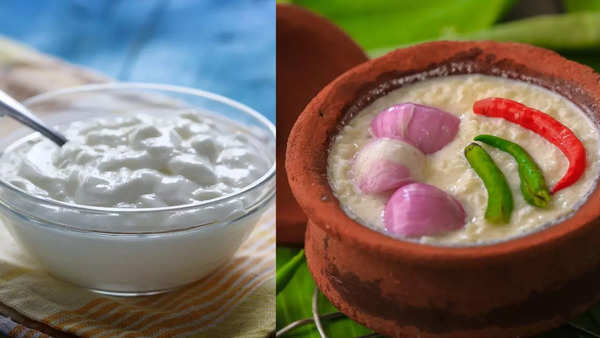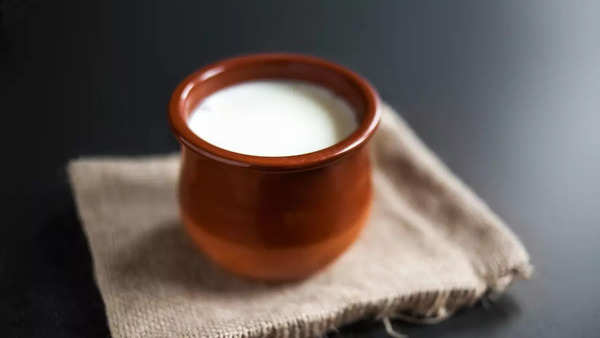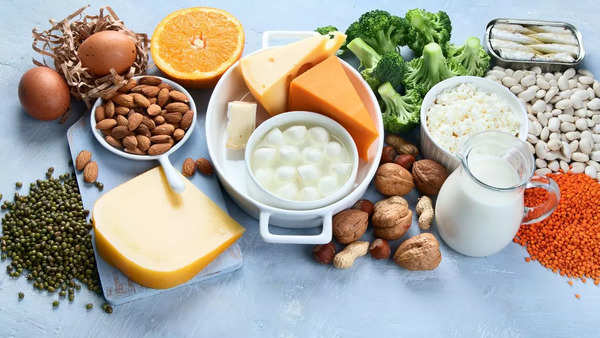Fruits High in Vitamin C
Combining curd with fruits high in vitamin C, such as oranges, strawberries, or kiwis, can be problematic.Vitamin C is acidic and can curdle the dairy, leading to an unpleasant texture and potential digestive discomfort. This combination can also hinder the absorption of calcium from the curd, as the acidity can interfere with calcium metabolism.

Salty Snacks
Pairing curd with salty snacks like chips, fries, or salted nuts can lead to digestive issues. The high sodium content in these snacks can cause water retention and may exacerbate bloating and discomfort. Additionally, salt can interfere with the probiotic content of curd, reducing its effectiveness in promoting gut health.
Fatty Foods
Combining curd with heavy, fatty foods such as fried items or rich, creamy dishes can slow down digestion and lead to an overloaded digestive system. The high fat content can delay the emptying of the stomach and may contribute to bloating and indigestion. Moreover, the rich foods can counteract the digestive benefits of the curd.

Sugary Foods
Pairing curd with sugary foods like desserts or sweetened cereals can spike blood sugar levels and contribute to insulin resistance over time. The sugar content can also cause an imbalance in gut bacteria, negating the probiotic benefits of the curd. Furthermore, the combination of sugar and dairy can lead to an increased risk of weight gain and metabolic issues.
Tea or Coffee
Drinking tea or coffee immediately after consuming curd can interfere with the digestive process. The tannins in tea and the caffeine in coffee can affect the absorption of certain nutrients from the curd and may contribute to digestive discomfort. Additionally, both beverages can alter the pH balance in the stomach, which may hinder the benefits of the probiotics in curd.

Spicy Foods
Pairing curd with very spicy foods can irritate the digestive tract and may exacerbate conditions like acid reflux or gastritis. Spices can increase stomach acid production, which can clash with the calming, soothing effect of curd. This combination can lead to discomfort and digestive issues, including heartburn.
Citrus Fruits
Similar to fruits high in vitamin C, citrus fruits such as lemons, grapefruits, and limes are acidic and can cause curd to curdle. The acidity may also interfere with the beneficial bacteria in the curd, reducing its probiotic effectiveness and potentially causing digestive upset.
Conclusion
While curd is a nutritious and versatile food, pairing it with the wrong ingredients can diminish its health benefits or cause digestive issues. To maximize the benefits of curd, it’s best to pair it with complementary foods like fresh vegetables, whole grains, and lean proteins. By avoiding these wrong combinations, you can ensure that curd remains a beneficial part of your diet, supporting gut health and overall well-being.


